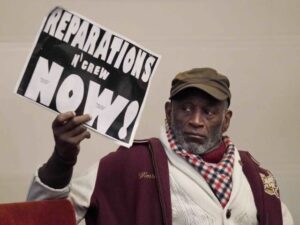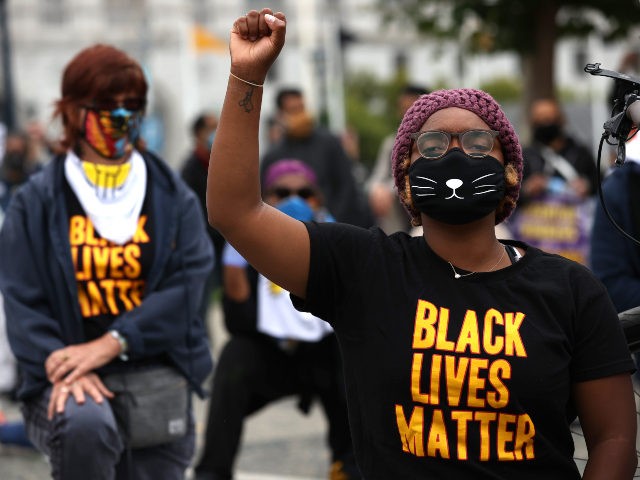California’s official reparations task force has estimated that black residents of the state are owed $1.2 million each in compensation for the legacy of slavery, even though the state entered the Union as a free state in 1850.
The committee, signed into law by Gov. Gavin Newsom (D) during the height of the Black Lives Matter panic in 2020, released an interim report last year backing reparations and proposing separate black schools, among other proposals. Though it narrowly decided that only those black residents who could trace their roots to Southern slaves should be eligible for reparations, it has determined that all black residents continue to suffer.
The San Francisco Chronicle reports:
Economists advising California’s task force on reparations have, at long last, released an estimate of the damages caused by the state’s history of slavery and its many vestiges of white supremacy: up to $1.2 million per Black resident over a lifetime.
Lawmakers and Newsom created the task force in 2020 and directed its members to study the history of slavery in California and its enduring inequities for Black people. While the Golden State was admitted to the Union as a “free state” in 1850, historians say slavery continued to be openly practiced for years by white Southerners, who brought enslaved people to the state and forced them to work in gold mines and on plantations
The economists who advised the panel, which is almost entirely composed of black members, said that their estimate was “conservative,” though they said it was not a recommendation on the final compensation amount.

The estimate reportedly includes the damage caused not only by slavery — such as it was — but also “mass incarceration,” housing discrimination, and health risks that are said to be worse among black residents.
It is unclear how California would afford to pay the compensation described; one estimate of the cost is $800 billion, several times the size of the annual state budget. The chair of the task force has backed a “wealth tax.”
Other reparations panels are also at work. A task force in the City of San Francisco is considering a proposal to pay each long-term black resident $5 million, though it is unclear where the money for that would come from.
Several other jurisdictions have considered, and a few have even awarded, reparations, such as Evanston, Illinois; they are all in states that outlawed slavery. Many hope to set an example for the nation to follow.






